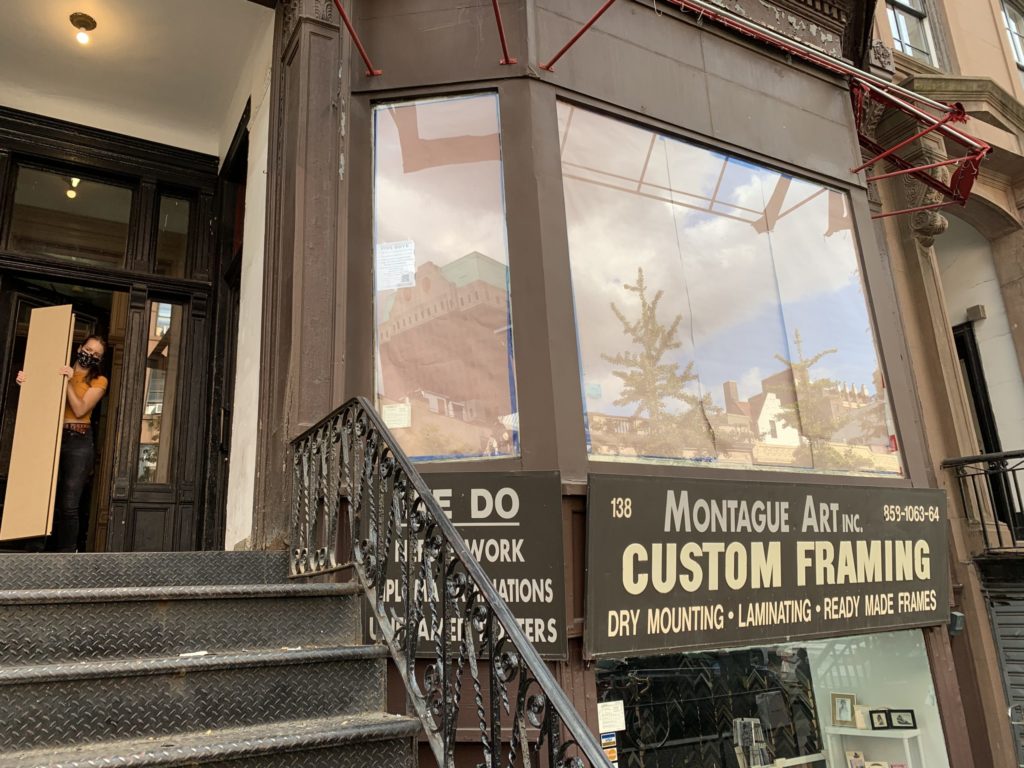One-fifth of Montague Street storefronts empty amid COVID crisis
BHA survey gathers info for revitalization of Brooklyn Heights’ ‘Main Street’

One of many empty storefronts on Brooklyn Heights' Montague Street. Photos: Mary Frost/Brooklyn Eagle
Even before COVID-19, Montague Street, the central shopping district in Brooklyn Heights, suffered from a high rate of commercial vacancies and turnover.
Now, amid the pandemic, empty storefronts are proliferating and residents and businesses are urgently calling for answers to the decades-old question of how to revitalize Montague Street. Local residents can help by taking the BHA’s Montague Street survey.
The Brooklyn Eagle’s in-depth report on Montague Street follows.

Brooklyn Heights
View MoreRead the Brooklyn Height's Press and Cobble Hill News. Find out more about Brooklyn Height's History here.